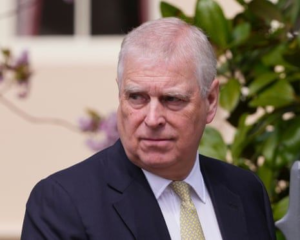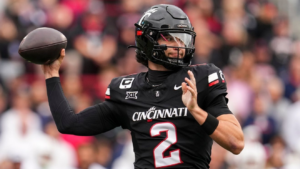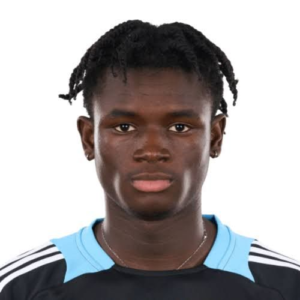Liberia Absent from AFRIMA 2025 Despite Over 10,000 Entries

While heavyweights like Burna Boy, Davido, Moliy, DJ Maphorisa, and El Grande Toto dominate the nominee list spanning over 25 nations.
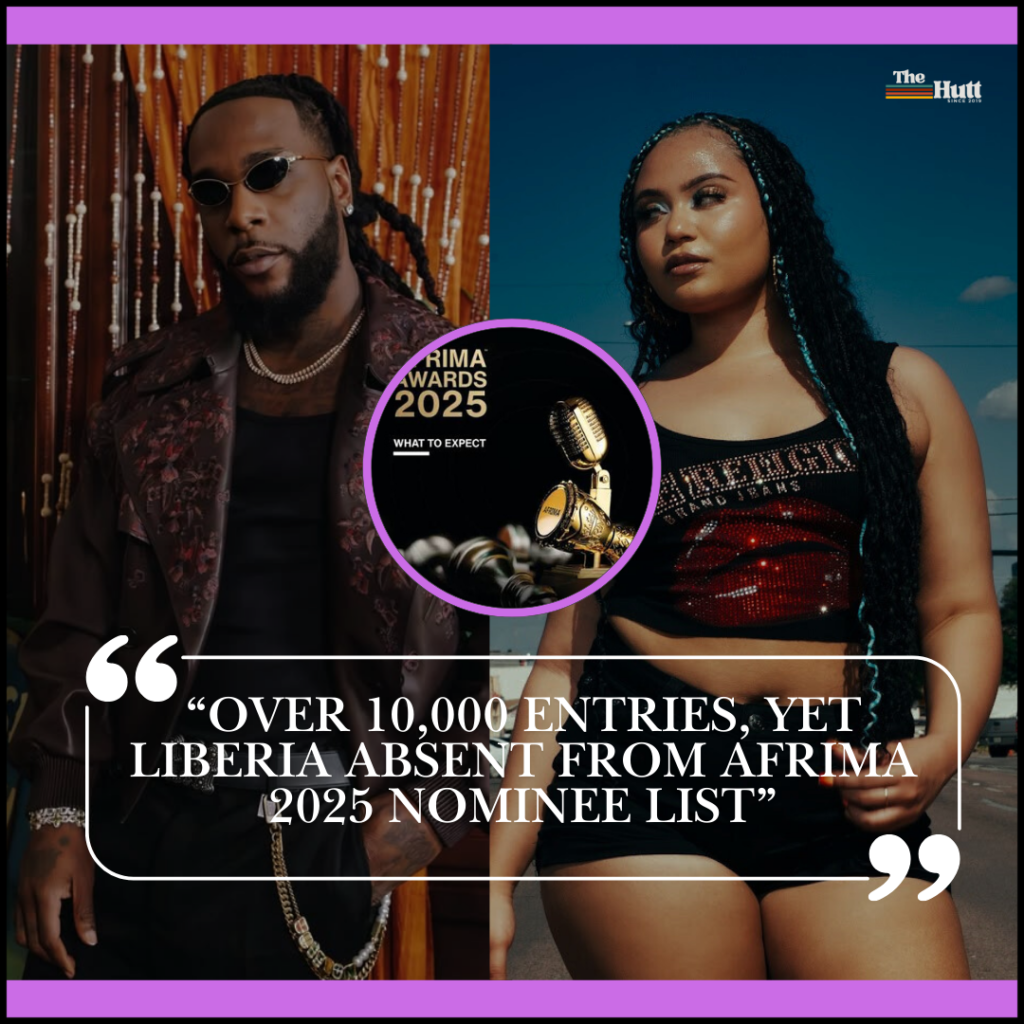
The All Africa Music Awards (AFRIMA), founded in 2014, is a pan-African music platform owned and organized by the International Committee of AFRIMA in partnership with the African Union Commission, and is headquartered in Nigeria.
The All Africa Music Awards (AFRIMA 2025) is set to take place in Lagos, Nigeria, from November 25–30, with the grand finale on November 30. The prestigious award show, widely regarded as Africa’s biggest celebration of music and culture, drew over 10,000 entries this year from across the continent. Nominees span more than 25 countries, yet Liberia is absent from the list.
This year’s lineup is dominated by African heavyweights. Burna Boy (Nigeria) and Moliy (Ghana) lead with five nominations each, earning recognition in major categories like Song of the Year and Best Collaboration. Other big names include Davido (Nigeria), Rema (Nigeria), Ayra Starr (Nigeria), DJ Maphorisa (South Africa), El Grande Toto (Morocco), and Mia Guissé (Senegal). Rising stars such as Shallipopi, Tyla, and Uncle Waffles also shine with multiple nominations, alongside diaspora artists like Aya Nakamura and Tayc.
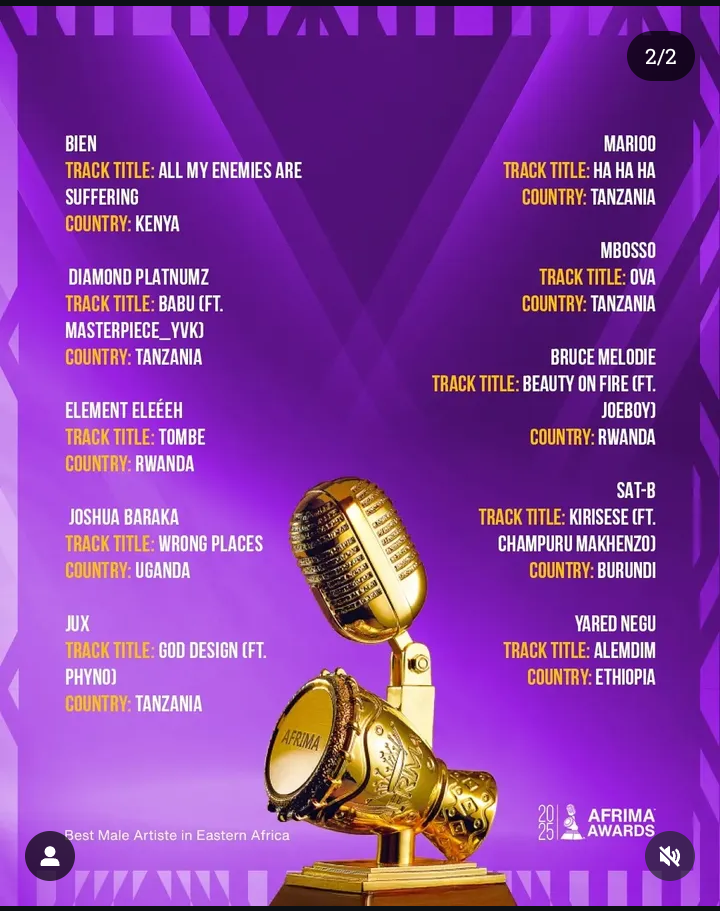
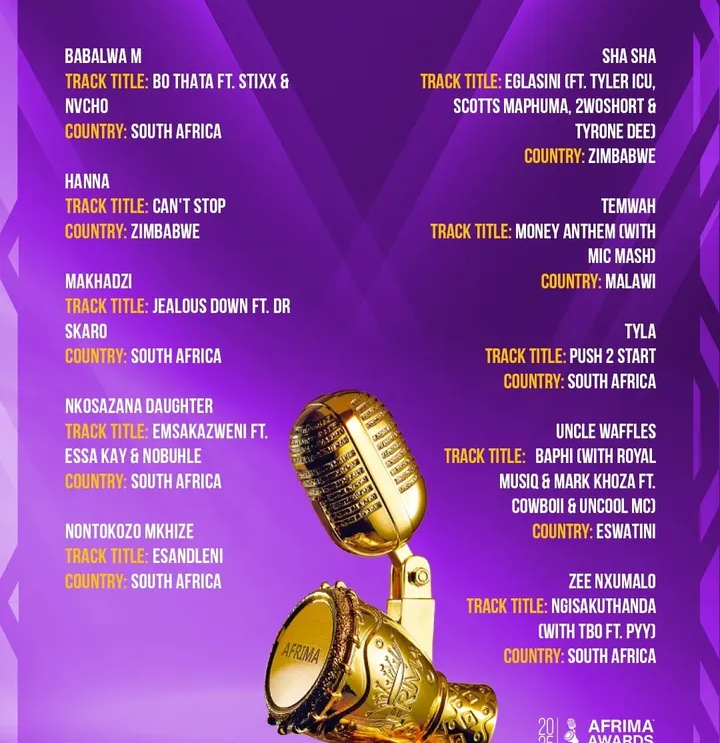
Yet, Liberia, a country with a growing music scene, has no artist recognized at this year’s AFRIMA. This is particularly disappointing considering Kanvee Adam’s two wins in 2019 and the global success of Jzyno’s “Butta My Bread.” The hit single charted in over 54 countries on Apple Music, spent eight weeks at number one in Liberia, peaked at number 16 on the UK Afrobeats Chart, and even entered the Billboard U.S. Afrobeats Songs Chart—earning Jzyno a previous Best Newcomer nomination, though he ultimately lost to Nigeria’s Portable. Similarly, C.I.C, one of Liberia’s most consistent streaming artists, was also overlooked. It has now been two years since a Liberian artist received any AFRIMA nomination, raising questions about the visibility and recognition of Liberia’s music industry on the continental stage.
Liberia’s absence may be linked to issues with submissions, eligibility, or visibility on the international stage. But the omission highlights a broader concern—when countries are excluded from Africa’s top music platform, their artists lose vital opportunities for exposure, recognition, and growth in the global market.
